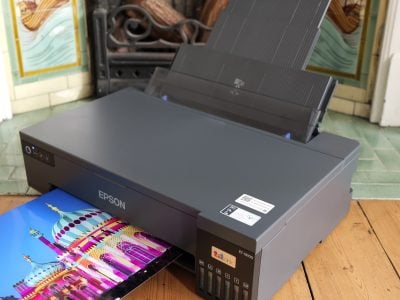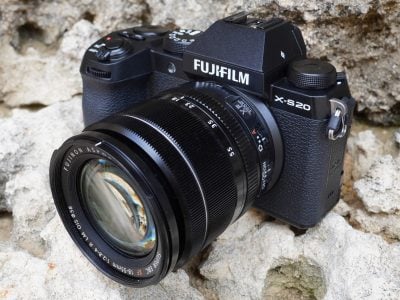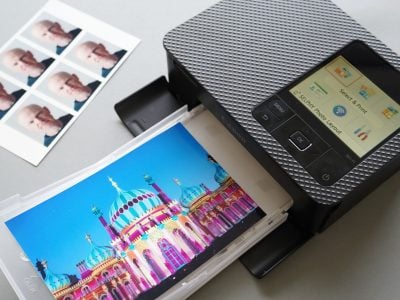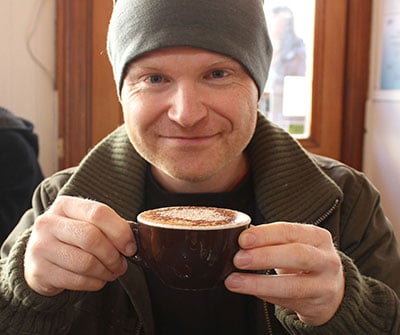Sony Cyber-shot DSC-H9
-
-
Written by Gordon Laing
Sony Cyber-shot DSC-H9 vs Panasonic Lumix DMC-FZ8 real-life noise
Sony Cyber-shot DSC-H9 results continued…
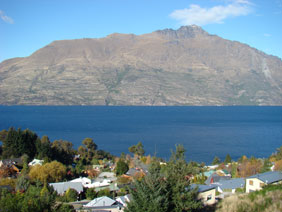
Outdoor / Resolution / Noise / Noise 2 / Corner sharpness / Fringe & macro / Distortion / Vignetting
To compare noise levels under real-life conditions we shot this scene with the Sony Cyber-shot DSC-H9 and Panasonic Lumix DMC- FZ8 within a few moments using each of their ISO settings. The FZ8’s Noise Reduction was set to Standard. The zoom lenses of each camera were adjusted to deliver the same field of view; the FZ8 crops show a slightly larger field due to its slightly lower resolution. The image left was taken with the Sony Cyber-shot DSC-H9 at 7mm f5.6 and at 80 ISO; the original measured 2.29MB. The crops are taken from an area just below and to the left of the centre. |
At its lowest sensitivities of 80 and 100 ISO, the Sony H9 is capable of delivering good quality results, but increase it to just 200 ISO and heavy-handed noise reduction already begins to smear out ultimate detail – this is particularly apparent in foliage areas which rather than revealing separate leafs, instead show areas of solid colour almost like a painting. Rather worryingly, this impressionistic effect is also visible at the H9’s lowest sensitivities on areas of low contrast – as seen in some of our Gallery shots. At 400 ISO the quality suffers from another significant drop, while at 800 ISO and above the results look poor. To be fair this kind of performance is hardly limited to the Sony H9. We’ve seen it before on almost every super-zoom camera, and in particular with Panasonic models. Indeed you only have to compare the H9 against the Lumix FZ8 below to see the Panasonic also suffers from greatly reduced detail at 200 ISO and above. To see how its other major rival performs with this scene, check our Olympus SP-550UZ review. Look a little closer though and the H9 crops additionally reveal coloured fringing on the rooftops and greater compression artefacts than the FZ8. Annoyingly the H9, despite its higher-end status in Sony’s range, does not allow you to select finer compression – let alone RAW – and there’s also no options to adjust the noise reduction. This is undoubtedly a disappointment considering both its main rivals from Panasonic and Olympus offer a choice of JPEG compression settings, RAW modes and noise reduction adjustments. So once again we have another super-zoom which suffers from reduced quality at 200 ISO and above. This is sadly becoming par for the course, but if you can keep the H9 – and its rivals – at their lowest sensitivities you can still enjoy good results. If you’re after decent performance at higher sensitivities though, you should get a DSLR instead. Indeed to see how the Nikon D40x and Canon EOS 400D / XTi DSLRs treated the same subject on the same day, see our Nikon D40x review. For more examples of the Sony H9 at different sensitivities including indoor and night-time examples, visit our Sony H9 Gallery. |
Sony Cyber-shot DSC-H9 |
Panasonic Lumix FZ8 (Standard NR) | |
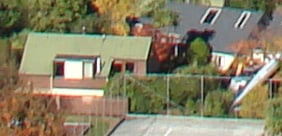 |
 | |
80 ISO |
80 ISO not available | |
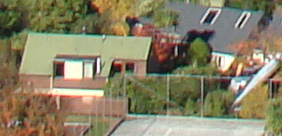 |
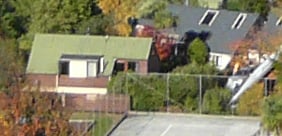 | |
100 ISO |
100 ISO | |
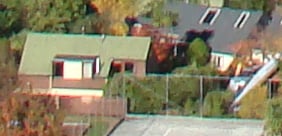 |
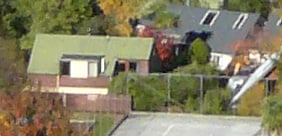 | |
200 ISO |
200 ISO | |
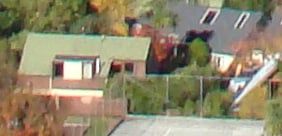 |
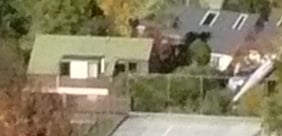 | |
400 ISO |
400 ISO | |
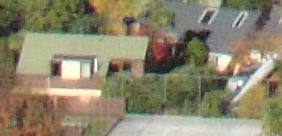 |
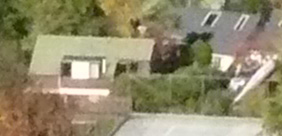 | |
800 ISO |
800 ISO | |
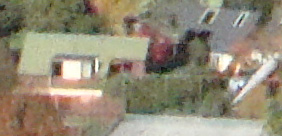 |
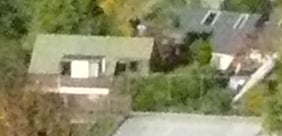 | |
1600 ISO |
1250 ISO | |
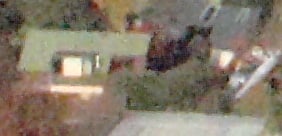 |
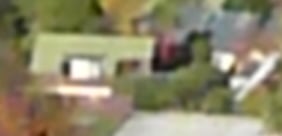 | |
3200 ISO |
3200 ISO (High Sensitivity preset) |
